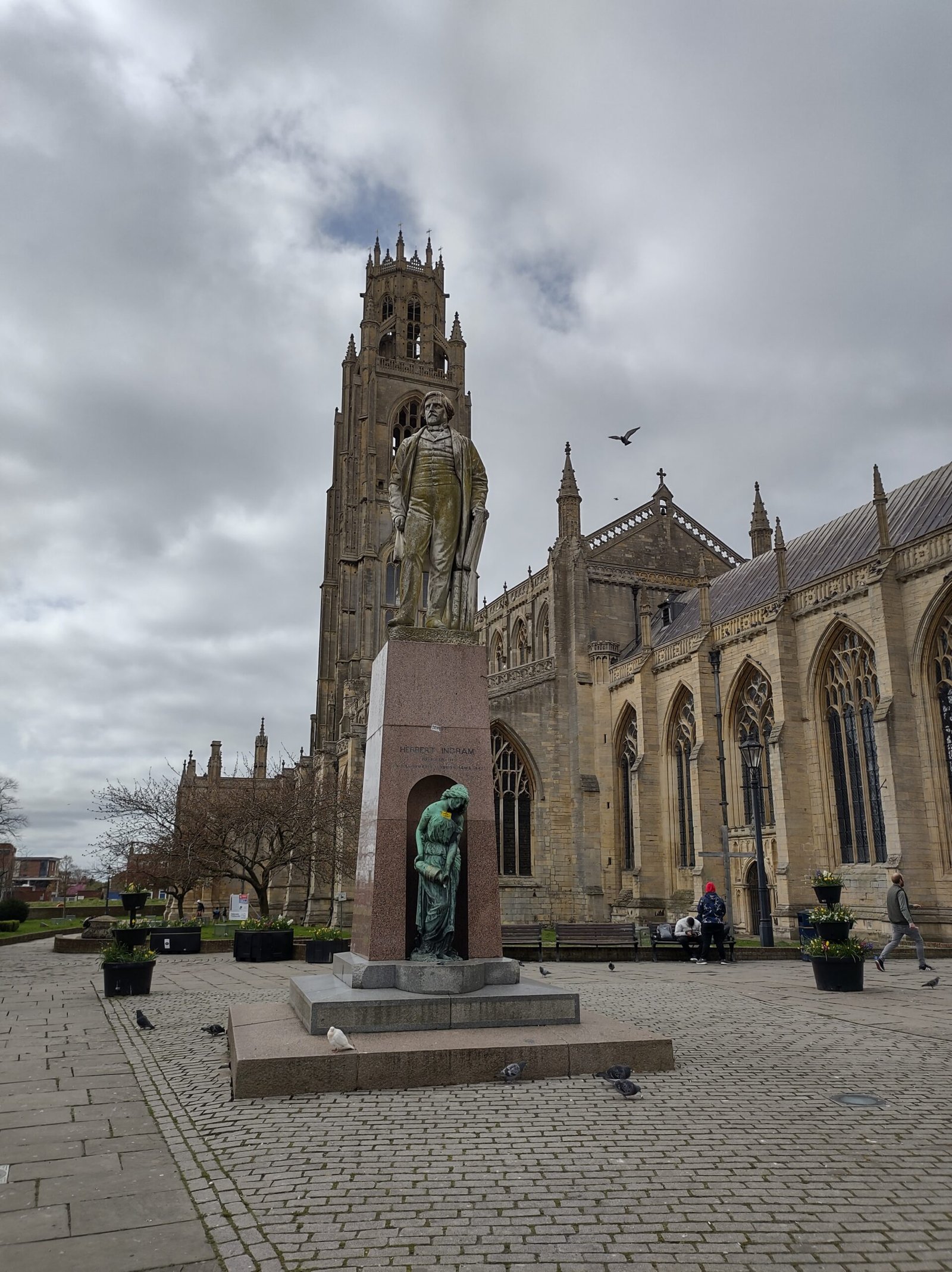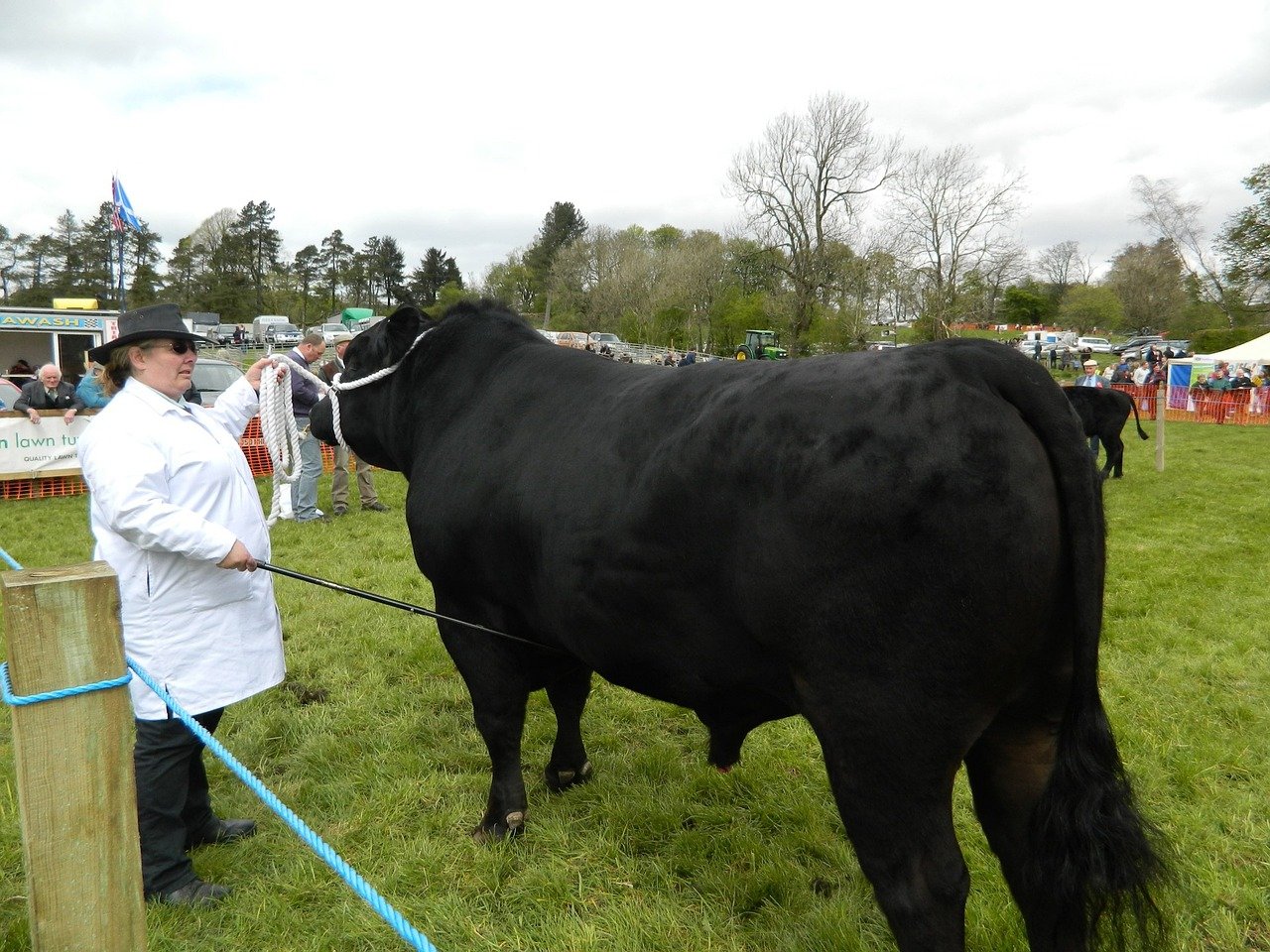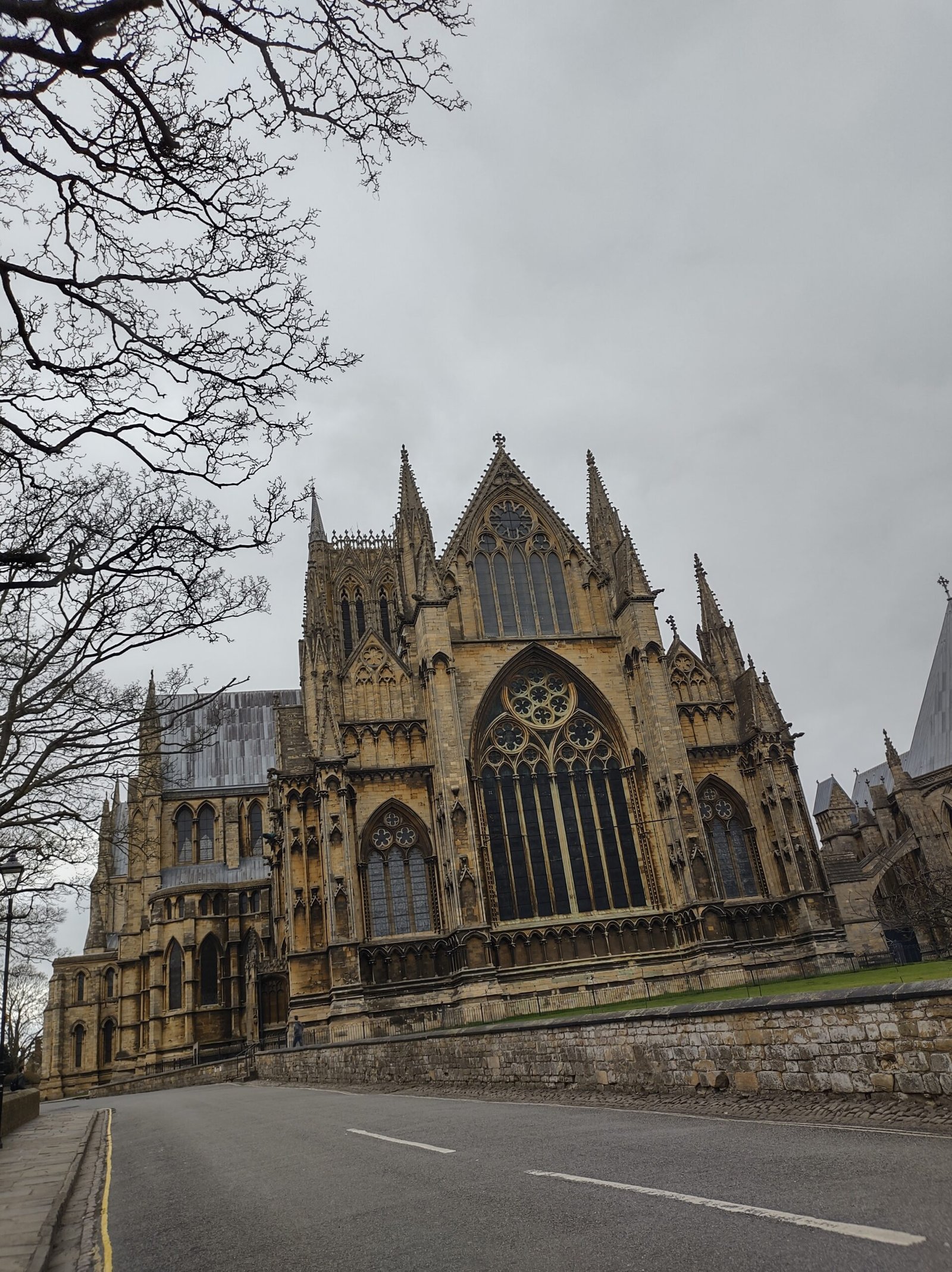
Spotlight On Boston
Discover Boston, Lincolnshire: A Comprehensive Guide
Introduction
Boston is a historic market town and small port in the borough of Boston, Lincolnshire, England. Known for its rich heritage, iconic landmarks, and vibrant community, Boston offers a unique blend of history and modernity. This document provides an in-depth look at Boston, covering its history, geography, economy, culture, and attractions.
History
Early History
- Medieval Origins: Boston’s history dates back to the early medieval period. It developed around St Botolph’s Church, which gave the town its name (Boston is derived from “Botolph’s Town”).
- St Botolph’s Church: Known locally as “The Stump,” this church is one of the largest parish churches in England and boasts the tallest non-cathedral church tower in the country.
Development as a Port
- Hanseatic League: During the 12th and 13th centuries, Boston was a member of the Hanseatic League, a powerful trading alliance of merchant guilds and market towns. This status helped Boston grow into a significant port for wool exports.
- Economic Prosperity: The town’s prosperity continued through the medieval period, with extensive trade connections across Europe.
Modern Era
- Decline and Revival: Boston experienced economic decline in the late medieval period but revived during the industrial era with the development of new industries and transportation links.
- Agricultural Hub: The surrounding fertile lands have made Boston an important center for agriculture, contributing significantly to its economy.
Geography
Location and Landscape
- Fenland Setting: Boston is situated in the heart of the Lincolnshire Fens, a flat, low-lying area known for its rich agricultural land.
- Rivers and Waterways: The town lies on the River Witham, which has historically been crucial for trade and transport. The nearby coastline also influences the local climate and economy.
Climate
- Temperate Maritime Climate: Boston experiences a temperate maritime climate with mild summers and cool winters. The flat landscape and proximity to the North Sea contribute to the weather patterns.
Economy
Agriculture
- Agricultural Productivity: Boston is surrounded by some of the most productive agricultural land in the UK. The area is known for growing a variety of crops, including vegetables, cereals, and flowers.
- Food Processing: The town hosts numerous food processing facilities, adding value to the agricultural produce and providing employment opportunities.
Industry and Commerce
- Manufacturing and Logistics: Boston has a diversified economy with sectors including manufacturing, logistics, and warehousing. The port remains active, handling a variety of cargo.
- Retail and Services: The town center offers a range of retail outlets, markets, and services, contributing to the local economy.
Attractions
Historic Sites
- St Botolph’s Church (The Stump): The towering church is a must-visit landmark, offering stunning views from its tower and a glimpse into Boston’s rich ecclesiastical heritage.
- Boston Guildhall: This historic building dates back to the 1390s and now serves as a museum, showcasing the town’s history and the story of the Pilgrim Fathers.
Natural Attractions
- Boston Haven: A picturesque waterway that offers opportunities for boating and riverside walks.
- RSPB Frampton Marsh: A nearby nature reserve that provides excellent birdwatching opportunities and a chance to enjoy the natural beauty of the Fenlands.
Cultural and Recreational Activities
- Blackfriars Theatre and Arts Centre: A hub for local arts and culture, hosting a variety of performances, workshops, and exhibitions.
- Central Park: A green oasis in the heart of the town, perfect for picnics, walking, and family activities.
Culture and Community
Festivals and Events
- Boston May Fair: One of the oldest and largest fairs in the country, held annually in May. It features rides, games, and stalls, attracting visitors from across the region.
- Christmas Market: A festive event that brings the community together with stalls, entertainment, and seasonal activities.
Cuisine
- Local Produce: Boston’s agricultural heritage is reflected in its local cuisine, with many restaurants and markets offering fresh, locally sourced produce.
- Traditional Pubs and Cafes: The town boasts a variety of traditional pubs and cafes, offering hearty meals and a welcoming atmosphere.
Transport
Road and Rail
- Major Roads: Boston is well-connected by road, with the A16 and A52 providing links to other major towns and cities in Lincolnshire and beyond.
- Rail Services: The town is served by Boston railway station, with regular services to Nottingham, Skegness, and other destinations.
Public Transport
- Bus Services: Extensive local and regional bus services connect Boston to surrounding areas, making it easy to travel within the town and to nearby locations.
Education
Schools and Colleges
- Primary and Secondary Education: Boston has a range of primary and secondary schools providing quality education to the local community.
- Boston College: A further education institution offering a variety of courses and training programs to support local employment and skills development.
Conclusion
Boston, Lincolnshire, is a town steeped in history and tradition, yet vibrant and forward-looking. Its strategic location, rich agricultural lands, and thriving port have shaped its development over the centuries. Today, Boston offers a unique blend of historical attractions, natural beauty, and a strong sense of community, making it an attractive place to live, work, and visit. Whether exploring its medieval churches, enjoying its markets, or experiencing its cultural events, Boston provides a rich and rewarding experience for all.


